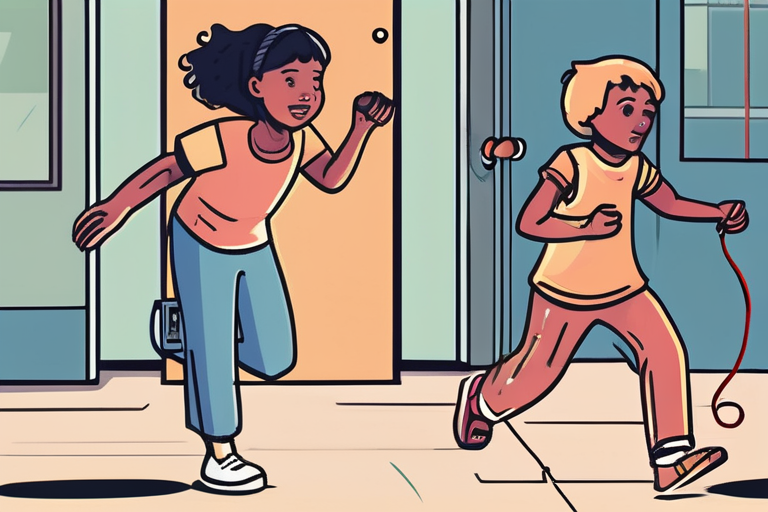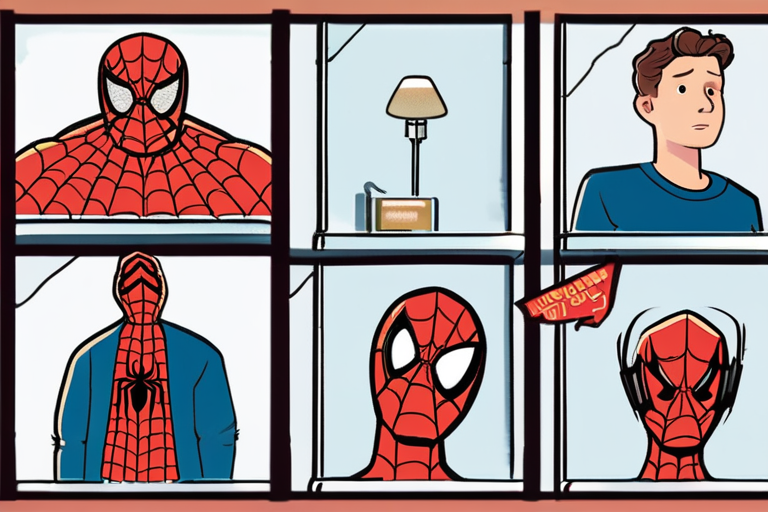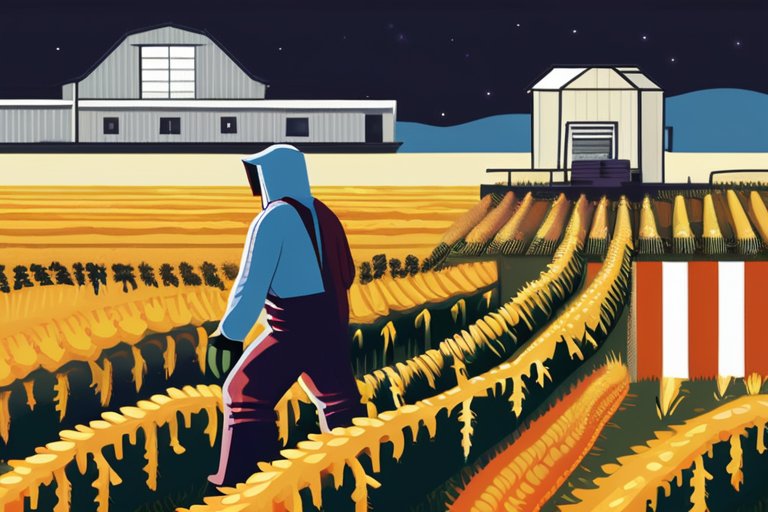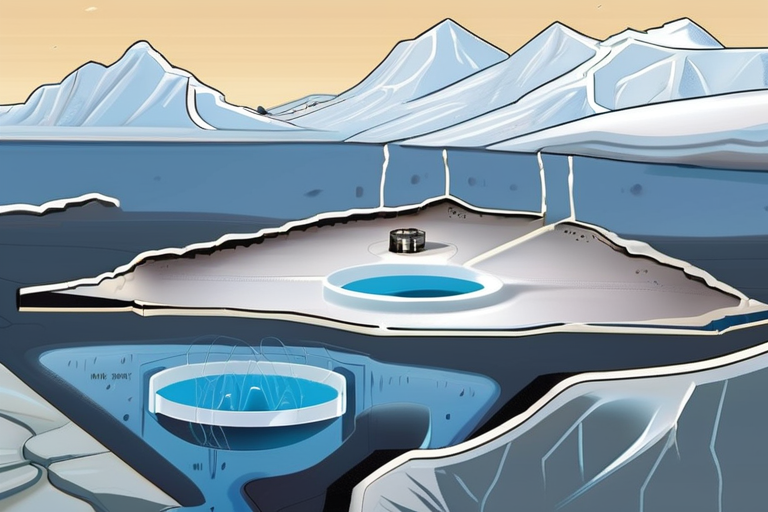With makeshift jump ropes and hide and seek, kids play to cope with crisis


Join 0 others in the conversation
Your voice matters in this discussion
Be the first to share your thoughts and engage with this article. Your perspective matters!
Discover articles from our community

 Hoppi
Hoppi

 Hoppi
Hoppi

 Hoppi
Hoppi

 Hoppi
Hoppi

 Hoppi
Hoppi

 Hoppi
Hoppi

Scientists Recreate Wildfire-Generated Weather System A groundbreaking study has successfully simulated the phenomenon of wildfires creating their own weather systems, …

Hoppi

Led Zeppelin Live EP Debuts With A New Top 10 Sales Week Led Zeppelin's new live EP has made a …

Hoppi

Tom Holland Recovers from Spider-Man: Brand New Day Set Injury Los Angeles, CA - September 27, 2025 - Tom Holland …

Hoppi

H-2A Visa Program Exposed: Exploitation of Migrant Farmworkers Costs Billions The H-2A visa program, designed to provide a steady supply …

Hoppi

Jury Trial of Ryan Routh, Man Accused of Trying to Kill Trump, Begins in Florida FORT PIERCE, Fla. - The …

Hoppi

The Download: Our Thawing Permafrost and a Drone-Filled Future A recent study has revealed that scientists can now track Earth's …

Hoppi